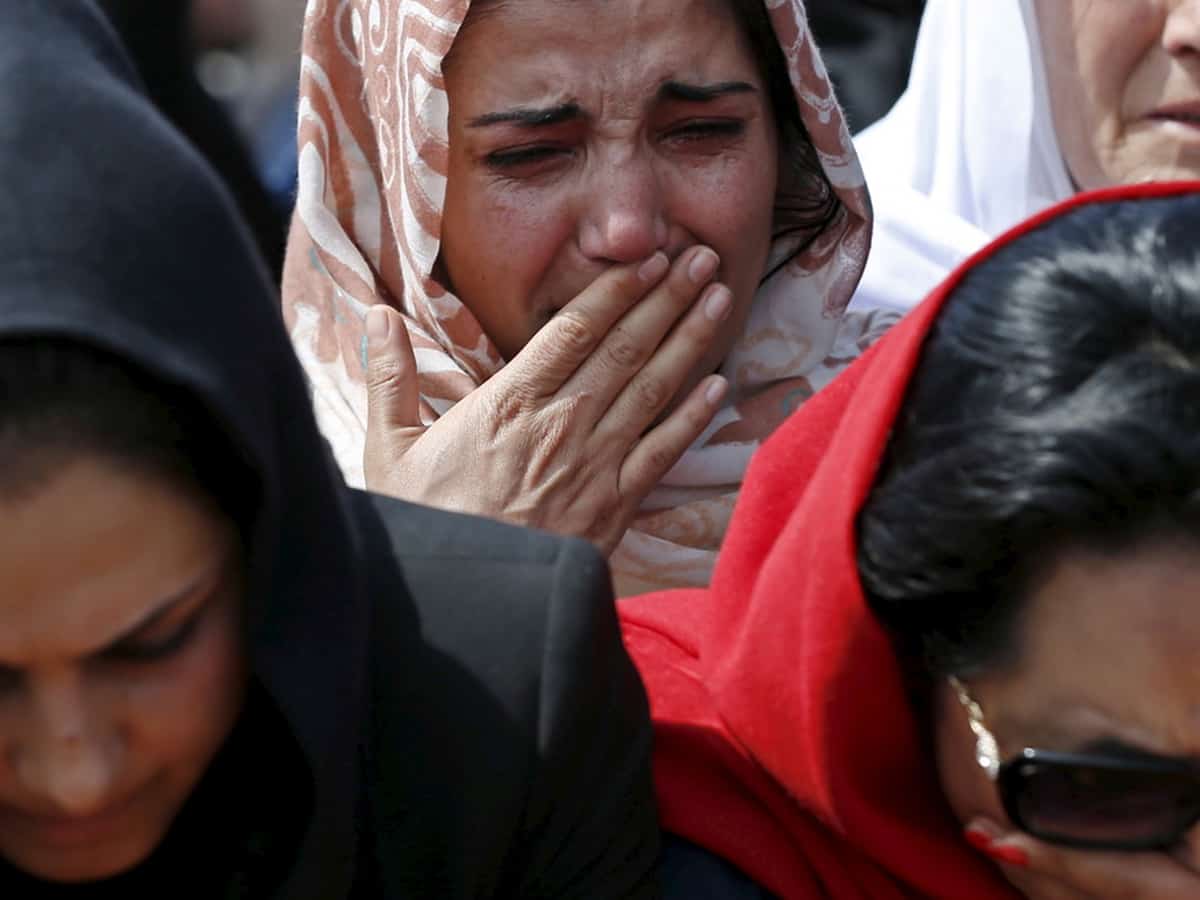
United Nations: The UN is seeking clarity after the Taliban regime in Afghanistan banned female staff of the world body from working in the war-torn country, said a spokesman.
“Our colleagues on the ground at the UN mission in Afghanistan, UNAMA, received word of an order by the de-facto authorities that bans female national staff members of the United Nations from working,” said Stephane Dujarric, Spokesman for UN Secretary-General Antonio Guterres, on Tuesday.
The United Nations is still looking into how this development would affect its operations in Afghanistan and expects to have more meetings with the Taliban in Kabul on Wednesday, “in which we are trying to seek some clarity,” he added.
For the Secretary-General, any such ban would be unacceptable and inconceivable. This is the latest in a disturbing trend undermining the ability of aid organisations to reach those most in need, Dujarric told reporters.
“It goes without saying, but unfortunately, it does need saying, that female staff members are essential for the United Nations to deliver life-saving assistance,” he said.
Such orders violate the fundamental rights of women and infringe on the principle of non-discrimination, the Spokesman added.
He later provided the gender breakdown of the UN staff members in Afghanistan. The world body has about 3,900 staff in Afghanistan, nearly 3,300 of them are nationals. Of those, there are about 400 women nationals and 200 women internationals, Xinhua news agency reported.
Out of a population of about 40 million people in Afghanistan, the United Nations is trying to reach 23 million men, women and children with humanitarian aid, said Dujarric.
Given the society and the culture in Afghanistan, the world body needs women to deliver aid to women, he added.
“So, we’re staying in close contact and engaging the de-facto authorities.”

